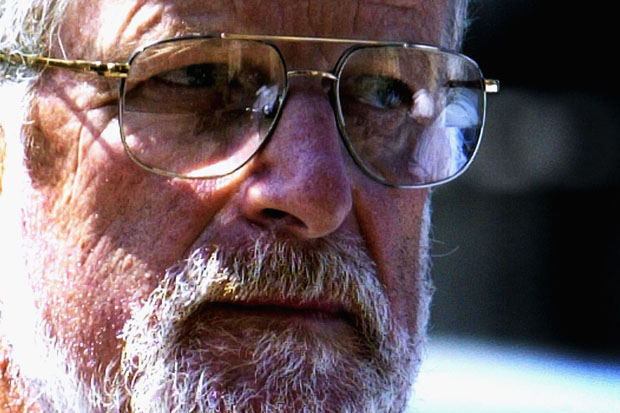When Rachel, one of the unreliable narrators of Number 11, wants to ‘go back to the very beginning’, she starts with the death of Dr David Kelly, the former United Nations weapons inspector, discovered dead in woodland on Harrowdown Hill in Oxfordshire on 18 July 2003, shortly after casting doubt on the government dossier that claimed Saddam Hussein possessed weapons of mass destruction.
Rachel was ten at the time, staying with her grandparents and school friend Alison in the nearby village of Beverley. For the next ten years — during which she gets into Oxford from a state school, graduates with a 2:1 in English, and becomes a private tutor for the offspring of the superrich — Rachel thinks about Kelly’s death often. Her grandparents made it clear ‘that this was not an ordinary death, that it would have consequences, send ripples of unease and mistrust throughout the country. That Britain would be a different place from now on: unquiet, haunted.’
Number 11 is a bitter satire on unquiet Britain: a country where food banks have become common, libraries are becoming extinct, sadistic reality TV shows dominate the media and the craze for basement conversions is literally undermining London. The novel has five interlinked sections through which spiders, the number 11, and some of the characters from Coe’s earlier satire of Britain in the 1980s, What a Carve Up! (1994), recur.
Academe comes off badly. Rachel’s tutor at Oxford, Laura Harvey, leaves to become Professor of Contemporary Thought at UCL, where she is a member of the Institute for Quality Valuation, attempting ‘to quantify things that have traditionally been thought of as unquantifiable. Feelings, in other words.’ Her algorithms allow her to calculate that the discovery of 25 skeletons from the 14th century during the digging for Crossrail, ‘probably adds 1.2








Comments
Join the debate for just £1 a month
Be part of the conversation with other Spectator readers by getting your first three months for £3.
UNLOCK ACCESS Just £1 a monthAlready a subscriber? Log in